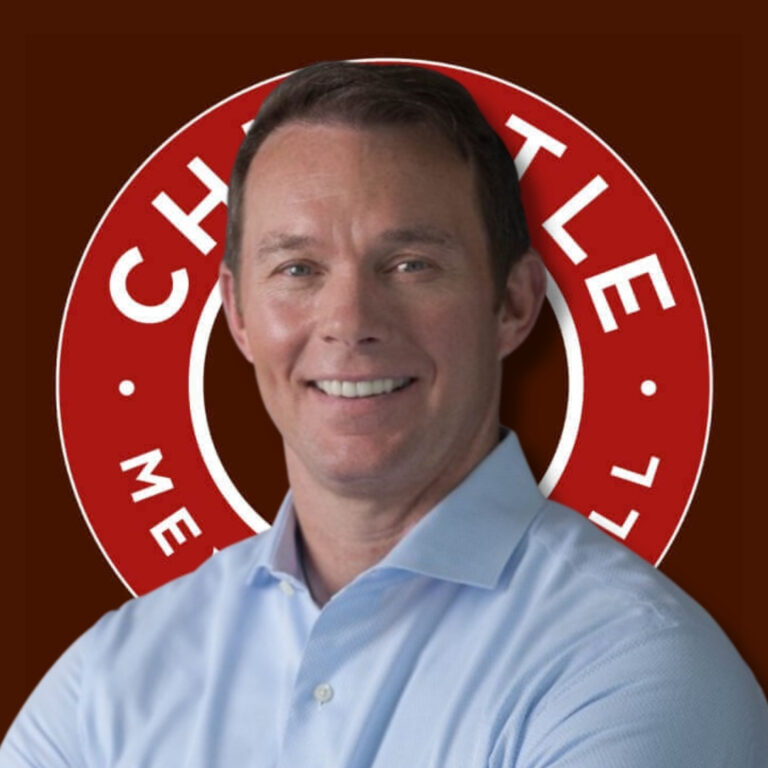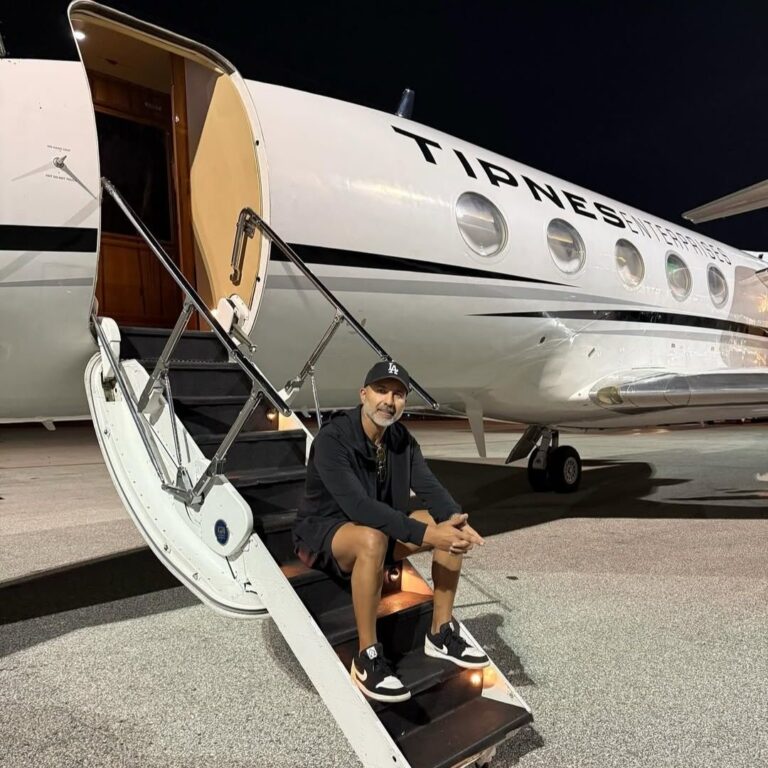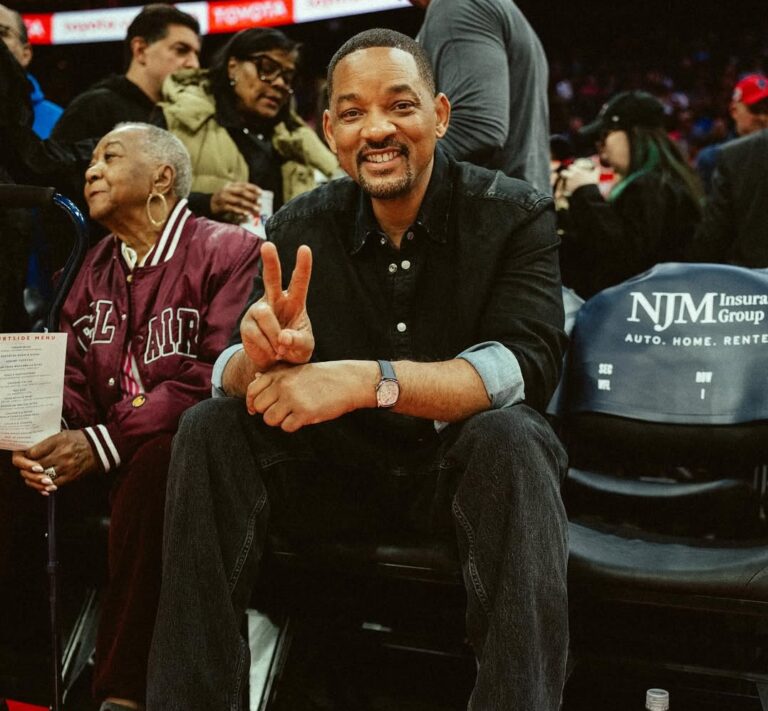Robert Herjavec: From Immigrant Kid to Shark Tank Worth $600 Million Now!
Robert Herjavec’s name has become synonymous with sharp wit, tech-savviness, and an immigrant’s relentless pursuit of success. Over decades, he has transformed from a refugee arriving in Canada with just $20 to a billionaire entrepreneur, investor, and television star. Here’s an in-depth look into the man behind the fame—his journey, mindset, and powerful lessons for aspiring entrepreneurs.
Humble Beginnings: A Refugee’s Resilience
Born on September 14, 1962, in Varaždin, Croatia (then Yugoslavia), Robert’s early years were defined by hardship. His father, Vladimir, was repeatedly imprisoned for speaking out against the communist regime. In 1970, the family fled Yugoslavia with a single suitcase and $20, landing first in Halifax before relocating to a basement dwelling in Toronto—unable to speak English and living below the poverty line (instagram.com, en.wikipedia.org).
Robert has consistently credited this upbringing with instilling his drive. He recalls feeling poor only after starting school in Canada—but that adversity became his biggest asset . He later reflected:
“I didn’t know I was poor until I went to school in Canada… That gives most immigrants a lot of drive and a desire to fit in.” (theceomagazine.com)
From Rags to Tech Recognition
Early Work & Determination
While earning a degree in English Literature and Political Science from the University of Toronto in 1984, Robert worked minimum-wage jobs—waiting tables, delivering newspapers, collecting debt—to support his family (en.wikipedia.org).
His break came when he offered to work for free at a technology firm, Logiquest. After six months—balancing nights in restaurants—he earned a permanent role and eventually became General Manager. That job ended with a firing in 1990—but instead of seeing it as a setback, Robert seized the moment (en.wikipedia.org).
Founding BRAK Systems
From his basement, he launched BRAK Systems, a cybersecurity solution integrator. In March 2000, he sold it to AT&T Canada for a staggering $30.2 million (en.wikipedia.org). He then took on a VP role at Ramp Network, which was acquired by Nokia for $225 million (en.wikipedia.org).
Building The Herjavec Group into a Cybersecurity Giant
In 2003, Robert founded The Herjavec Group, a cybersecurity services company that skyrocketed from 3 employees and $400K in revenue to over $200 million annually by the early 2020s (en.wikipedia.org). He played a key role in introducing flagship products like Check Point firewalls and log-management solutions to the Canadian market .
After Apax Partners acquired a majority stake in 2021, the merged entity was rebranded as Cyderes in mid-2022. Robert continued as CEO until stepping down in September 2024 to focus more on his family and investments (en.wikipedia.org).
Television Stardom & Investing on Shark Tank
Herjavec rose to fame as one of the “sharks” on Canada’s Dragon’s Den (6 seasons), then became a key investor on the U.S. version, Shark Tank. His most notable investment? A $100K for a 10% stake in Tipsy Elves, a festive apparel company (en.wikipedia.org).
To date, he’s invested over $16 million across more than 50 deals on Shark Tank (investopedia.com). In 2023, he also joined Australia’s Shark Tank alongside Mark Cuban and other global investors (en.wikipedia.org).
Behind the scenes, Robert has shared interesting tidbits—like how Sharks typically meet entrepreneurs with few prep materials, and that pitch segments edited for TV can stretch to an hour .
Wisdom in Action: His Greatest Lessons
Work Smarter, Not Just Harder
As featured in Lewis Howes’ The School of Greatness, Robert shifted from brute hustle to smart hustle. He emphasized obsession, clarity of purpose, and building systems—not just working harder (happyscribe.com).
Value Comes Before Wealth
He frequently says people don’t care who you are—they care about what value you bring. Whether it was cybersecurity solutions or brand-building, offering value preceded wealth .
Use Capital Smartly—Or Start From Nothing
In Shark Tank, he said:
“If you have capital, use it to create barriers to entry—commercial buildings, data centers… If you have no money, build an e-commerce brand.”
Regardless of your starting point, the path to capital requires foresight and strategy.
Leverage AI to Rebuild
In a recent segment, he said he could rebuild from zero, if he kept his Rolodex—and added:
“Train your AI to work the way you think. My AI now writes better than I do.”
His pragmatic take? AI infrastructure is the real future, not hype-driven consumer tools.
A Wealth in Mind, Not Just Money
Health as the New Status Symbol
At 62, Robert insists the greatest flex of wealth is being in shape. A millionaire without health, he notes, has missed the point (linkedin.com).
The Joy of Giving & Purpose
After his divorce in 2016, Robert experienced profound loss—even suicidal thoughts. Turning toward acts of service, like supporting Seattle’s Union Gospel Mission, led him back to purpose and gratitude (en.wikipedia.org).
During his interview with Lewis Howes, he emphasized that joy—not just wealth—defines true greatness .
Personal Life, Passion & Awards
Family: Son of immigrants, Robert fathered three children (Brendan, Caprice, Skye) with his first wife, Diane; later married dancer Kym Johnson, and they share twins born in April 2018 (en.wikipedia.org).
Passions: Marathon runner, scuba diver, celebrity car and motorcycle enthusiast (Ferrari Challenge and Ducati), and racecar driver—with Rookie of the Year honors in 2011 (en.wikipedia.org).
Philanthropy: Major donor to causes like women’s shelters and youth empowerment programs (en.wikipedia.org).
Honors: Received Ernst & Young’s Entrepreneur of the Year (Ontario, 2012), Queen Elizabeth II Diamond Jubilee Medal, and listings in Canada’s Top 25 Immigrants (en.wikipedia.org).
Net Worth & Business Influence
Robert’s net worth is estimated between $300–$320 million as of 2024 (investopedia.com). His brand extends across technology, media, entrepreneurship, and lifestyle—anchored in constant innovation and lasting impact.
His Playbook: 5 Lessons to Learn
Start where you are. Worked for free. Learned fast. Accepted less, only to gain more later.
Build value over income. Solve problems with bigger horizons: cybersecurity, AI, brand creation.
Turn failure into pivot. Fired? Sell your company for millions. Launch another. Rinse, repeat.
Stay healthy. Fitness isn’t optional—it’s foundational wealth.
Reinvest in purpose. Success without soul breeds emptiness. Robert found redemption through family and societal investment.
Final Thought: A Legacy of Resilience
Robert Herjavec’s journey—from communist Croatia to Canadian basements, basement tech startups, and international fame—is a masterclass in resilience, reinvention, and reinvestment. His trajectory resonates with anyone who dares to start small, think big, and pivot boldly.
Future Reminder
For all future blog posts—especially long-form features—I’ll maintain this clear, citation-linked format at the end of paragraphs. That way, readers can verify sources easily, and every claim is backed by a clickable reference.
Sources
Wikipedia – Robert Herjavec biography (en.wikipedia.org, theceomagazine.com, happyscribe.com, investopedia.com)
Investopedia – overview, net worth, career
The CEO Magazine – life story and immigrant drive (theceomagazine.com)
The School of Greatness – podcast transcript and mindset (happyscribe.com)
The U.S. Sun – Shark Tank secrets, Mark Cuban influence (the-sun.com)
TheStreet – net worth estimates







